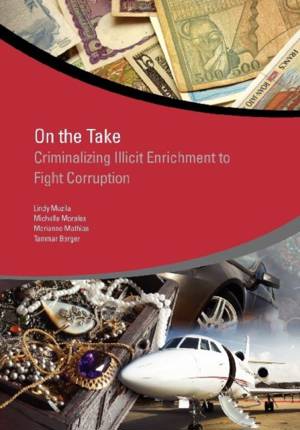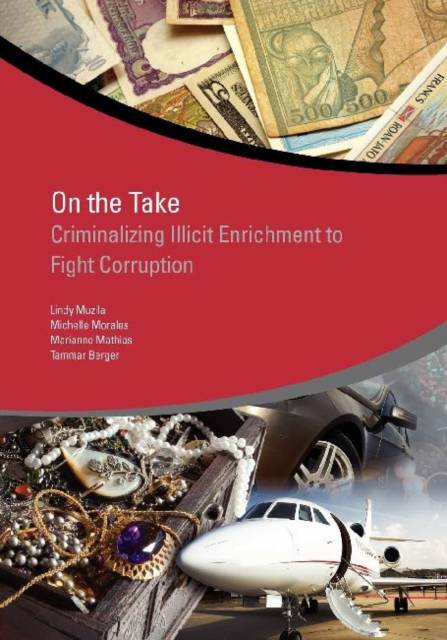
- Retrait gratuit dans votre magasin Club
- 7.000.000 titres dans notre catalogue
- Payer en toute sécurité
- Toujours un magasin près de chez vous
- Retrait gratuit dans votre magasin Club
- 7.000.0000 titres dans notre catalogue
- Payer en toute sécurité
- Toujours un magasin près de chez vous
Description
Despite broad international recognition of the criminalization of illicit enrichment, it has not been universally accepted as an anti-corruption measure. Instead, criminalization of illicit enrichment continues to generate extensive debate and controversy. Against this background, this volume aims to provide an analysis of how illicit enrichment works, and attempts to shed light on any contributions that it has made to the fight against corruption and the recovery of stolen assets.
Spécifications
Parties prenantes
- Auteur(s) :
- Editeur:
Contenu
- Nombre de pages :
- 120
- Langue:
- Anglais
- Collection :
Caractéristiques
- EAN:
- 9780821394540
- Date de parution :
- 31-12-12
- Format:
- Livre broché
- Format numérique:
- Trade paperback (VS)
- Dimensions :
- 178 mm x 254 mm
- Poids :
- 226 g

Les avis
Nous publions uniquement les avis qui respectent les conditions requises. Consultez nos conditions pour les avis.






